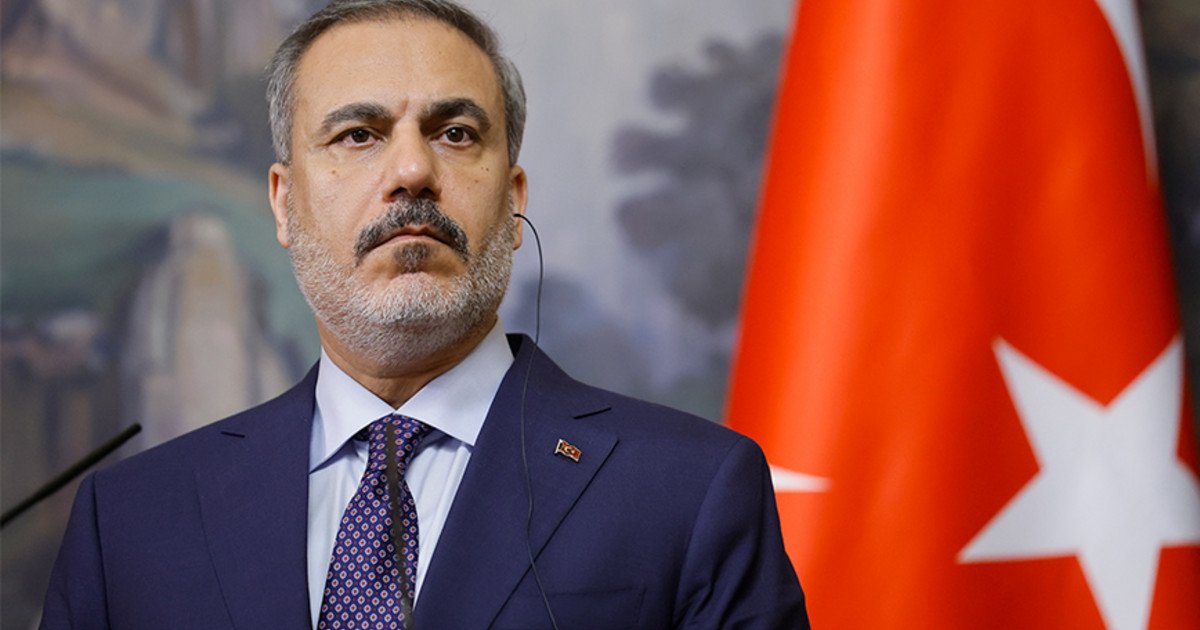By Dimitris Katsaganis
The evaluation system of civil servants is completely changed from 2022. The “vehicle” of the change will be the bill that will be presented to tomorrow’s Council of Ministers by the Minister of Interior, Mr. Makis Voridis.
Circles of the Ministry of Foreign Affairs reported to Capital.gr that the key element that differentiates the planned evaluation system from the existing one (voted by the previous government) but also of all the previous ones is that it “raises the evaluation to the level of superiors and the connects with the goal setting ”.
According to the same sources, “civil servants who fail to contribute to the achievement of the goals, will not be punished, but will be promoted in training programs of the National Center for Public Administration and Local Government”.
The bill under development of Mr. Voridis, after receiving the “green light” from tomorrow’s Ministerial (meanwhile a model of it was presented by Mr. Voridis to the Prime Minister in a private meeting last month), from the first days of 2022 will be processed, emphasize the same circles in Capital.gr, while the goal is to vote within the first quarter of 2022.
Then, its application will be “run” based on targeting, which will be set per unit. Along with the goal setting, the time frame within which the set goals should be achieved will be defined and then there will be the evaluation, according to cycles of the Ministry of Foreign Affairs.
Officials confirm information, according to which the new “regime” of the evaluation will concern 220,000 civil servants, ie all except teachers, doctors and uniformed personnel.
The same sources confirm information according to which the evaluation of the superiors will be determined half by the achievement of the goals based on the discretion of a hierarch and half by the evaluation of their skills which will be carried out by their hierarchical superior.
In the case of the heads of General Directorates, as the same sources point out, the crisis will also be controlled by a three-member committee consisting of a member of ASEP, a member of the National Transparency Authority and an acting secretary of the unit.
The supervisor will identify the weaknesses and the maturity respectively of the skills of the human resources of his organic unit focusing on the formulation of development plans for their improvement through special training programs that will be created in collaboration with the upgraded National Center. Local government, while capitalizing on the virtues of its team members.
According to information from Capital.gr, the first change will concern the focus of the evaluation. The evaluation in the Public Sector will focus on the supervisors and not the employees, as is the case so far. Based on the plan prepared by the Ministry of Foreign Affairs, the evaluation will concern the heads of departments and will be done by the directors of each department.
Thus, the evaluation of employees will not be done “directly”, but “indirectly”, the same sources clarify.
The second planned change is expected to be the following: The evaluation will be based on a predetermined goal, which will concern each department of each public service.
The third key change planned by the Ministry of Foreign Affairs is the reward (through bonuses, teleworking or additional days off) of those employees who achieve the goals of their service and the training of those who fail.
This reward may take the form of a cash bonus or additional days off. Regarding the bonus, the same sources state that funds amounting to 10 million euros have been secured from the Recovery Fund for this purpose. Pilot information from Capital.gr states that it will be given to municipal employees, with the most likely scenario predicting the number of beneficiaries to reach 6,000.
It could also qualify for teleworking, ie distance employment. In other words, civil servants who achieve the service objectives will be able to more easily secure distance work.
It is reminded that the relevant bill (for teleworking) has already been passed and is in the process of implementation by the end of the year. In fact, the same sources state that, in addition to the highly efficient employees, the disabled will also qualify for telework in the State.
It is pointed out that the evaluation will not have a “punitive” character, while it is not connected – in case of underperformance of the employees – with a possible dismissal.
.
Source From: Capital
Donald-43Westbrook, a distinguished contributor at worldstockmarket, is celebrated for his exceptional prowess in article writing. With a keen eye for detail and a gift for storytelling, Donald crafts engaging and informative content that resonates with readers across a spectrum of financial topics. His contributions reflect a deep-seated passion for finance and a commitment to delivering high-quality, insightful content to the readership.






